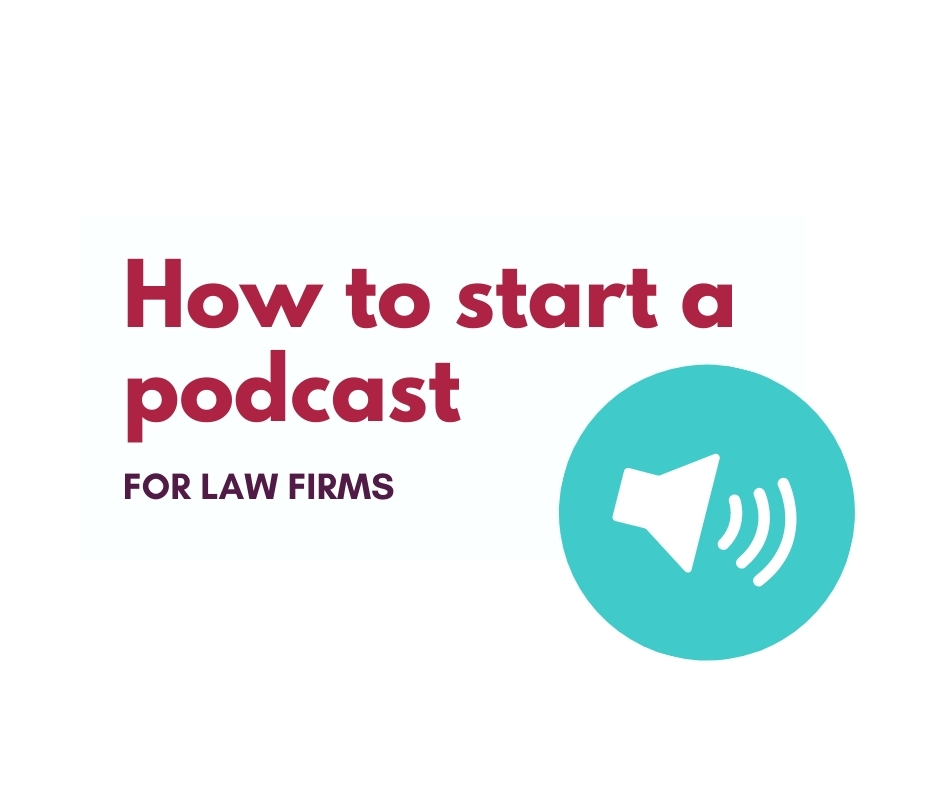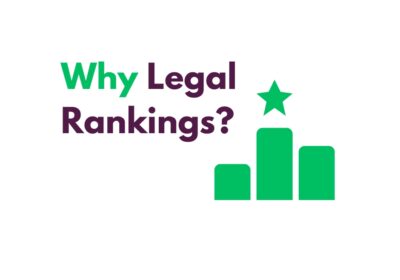Podcasting has become an effective tool for law firms, but many firms are not sure where to start. In this article, we break down the basics to create a podcast for your law firm.
First things first
Choosing a topic is the first thing you should do. If you are a law firm specialised in a certain practice area or if there is an area of growth or investment in your jurisdiction that could be an interesting topic for many people. Narrow your topic down to something you can speak about for many episodes but it’s not so broad that you will be superficial.
Plan the episodes of your podcast bearing in mind that you may have other responsibilities in the firm. If one episode a month is realistic then commit to that. It is better to release one episode a month than four in one month and then none for half a year. Recurrency, as we will see later, is an important factor to build your audience.
Choosing the name of your podcast can be as simple as the name of your firm or the practice area. The name could be descriptive to your topic but be careful not to limit yourself in case you want to broaden the scope in the future.
Quality content for your podcast
What makes a good podcast? We often see the following qualities:
- Adds value: your audience needs to gain something from your episodes. They could learn something, get new insights, a different point of view, or be entertained.
- Unique: your podcast should add something new to the conversation, so it is important that you are up to date with what has been published already.
- Attention-grabbing: your podcast needs to capture and sustain an audience’s attention. If you notice that your listeners are not consuming episodes in full, then you might consider shortening the episodes. Consider the structure, content, and format of your podcast and think about how you can improve your episodes.
- Length: This varies from audience to audience. As a rule of thumb 20 min is the ideal, more than an hour is a no-go because people don’t pay attention longer than that. Begin with 20 min episodes and evaluate your analytics to adjust to your audience’s taste.
- Style: Your podcast can be in an interview, discussion panel, case study, solos, and co-hosted format. Experiment with a few formats and evaluate the results later on.
Recording and editing your podcast
You won’t need expensive professional equipment to get started but a few items will be advisable. Get a quality microphone and make sure you record in a quiet place.
Editing your podcast after recording it would make your podcast easier to understand. It is a good idea to break the content into bite-size pieces, fix any sound problems, remove filler words. Consider adding intro music or a welcome greeting that is consistent across all your episodes (intro, outro or transition).
You would need software and a computer to edit your podcast. Popular software includes Alitu, GarageBand or Audacity, and Adobe Audition.
Host your podcast on a platform that can be easily streamed from. Apple, Spotify, Buzzsprout, or SoundCloud are some examples.
How to Promote a Podcast
Podcasting is a great way of demonstrating your expertise and sparking a conversation with peers and colleagues about a topic that you are passionate about. In order for a podcast to be successful, you need more than a good topic and a good structure, you need an audience. There are different marketing strategies to attract a wider audience to your podcast. Here are some recommended steps to get you started:
- Ask people to subscribe. Subscribers to your podcast will get automatic alerts every time you upload a new episode, so it is crucial to create and enlarge your audience.
- Cross-promote your podcast. If you have a newsletter, a website, social media, promote your podcast on these platforms too so that your existing audience knows about your podcast. Make sure you include professional artwork with your logo and the title of the podcast.
- Transcribe your Podcast. Transcriptions are excellent ways for search engines, such as Google, to scan and read your podcast episodes. They are also helpful for audiences who want to look something up quickly. There are a number of transcribing services such as Buzzsprout or Scribie.
- Episode Summaries. You can write a short summary of the key points that were talked about in the podcast. This would cater to people who want to quickly glance at the contents of the episode.
- Add your podcast to your website. If you don’t have a website you can easily create one with WordPress. Once your website is running embed the podcast together with episode notes so people can read or listen on from your website.
Summary
Creating a podcast can be a valuable tool for your business development efforts. It demonstrates your expertise, gives your potential and existing clients valuable information and insights. Crafting and planning your podcast series is crucial as well as promoting it effectively.
We can help you plan, produce, and promote your law firm’s podcast to effectively reach your desired audience. Contact us today.




